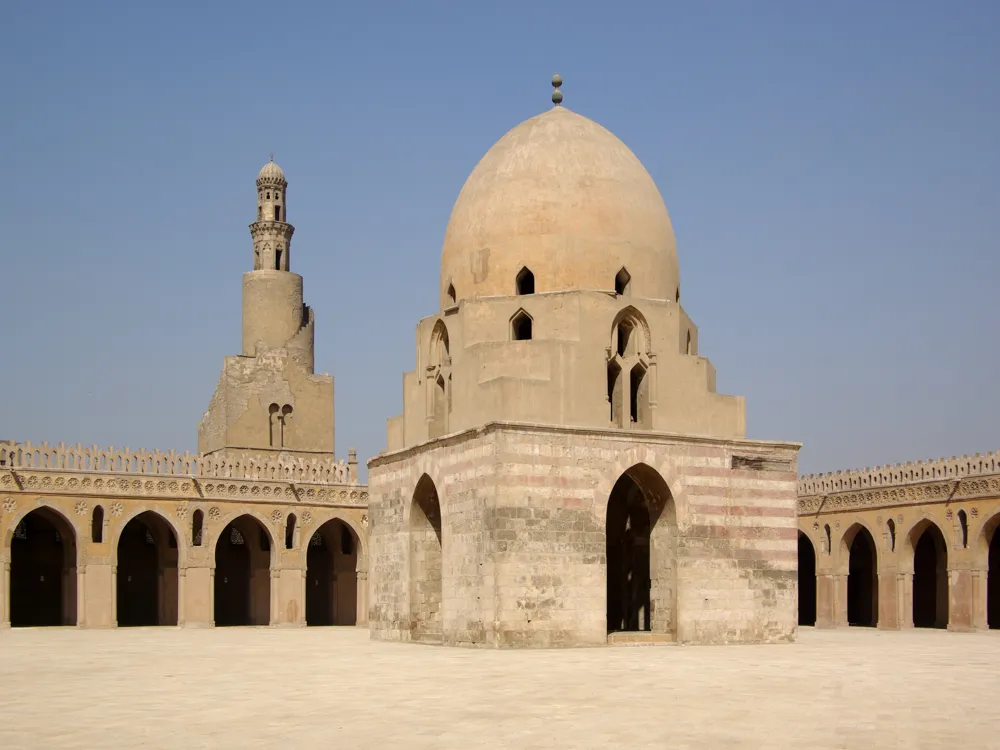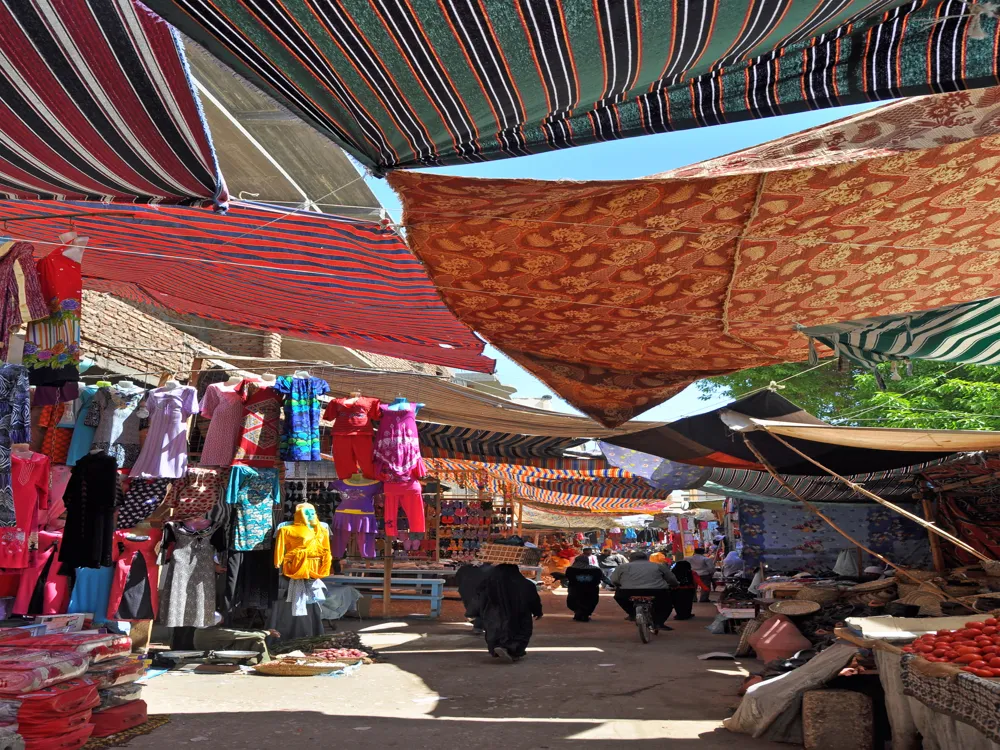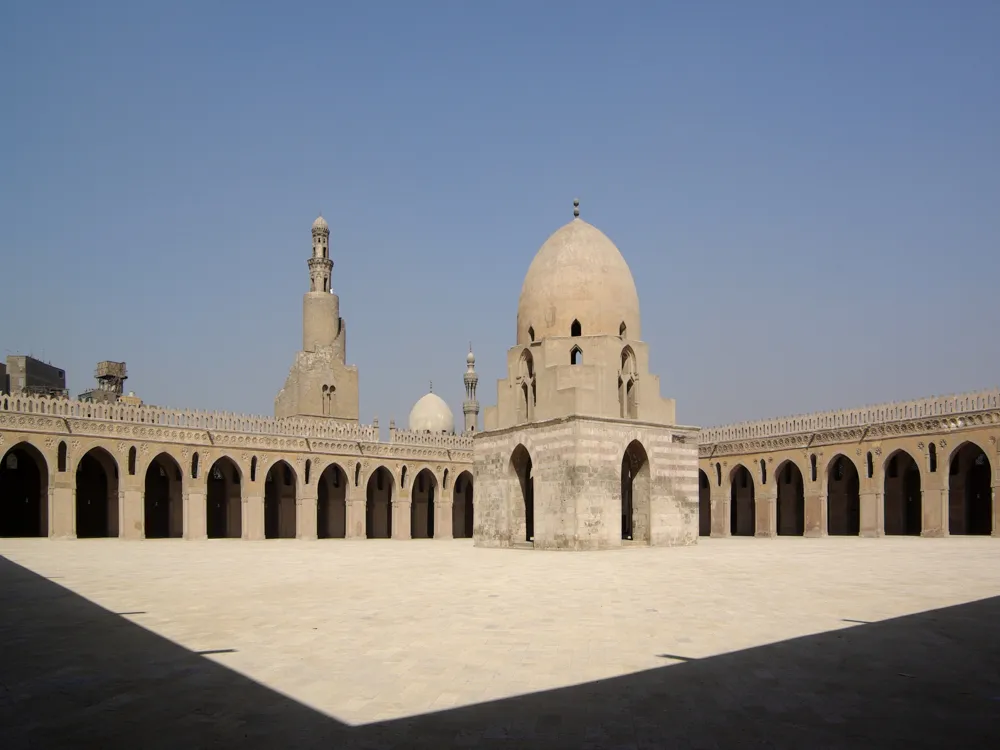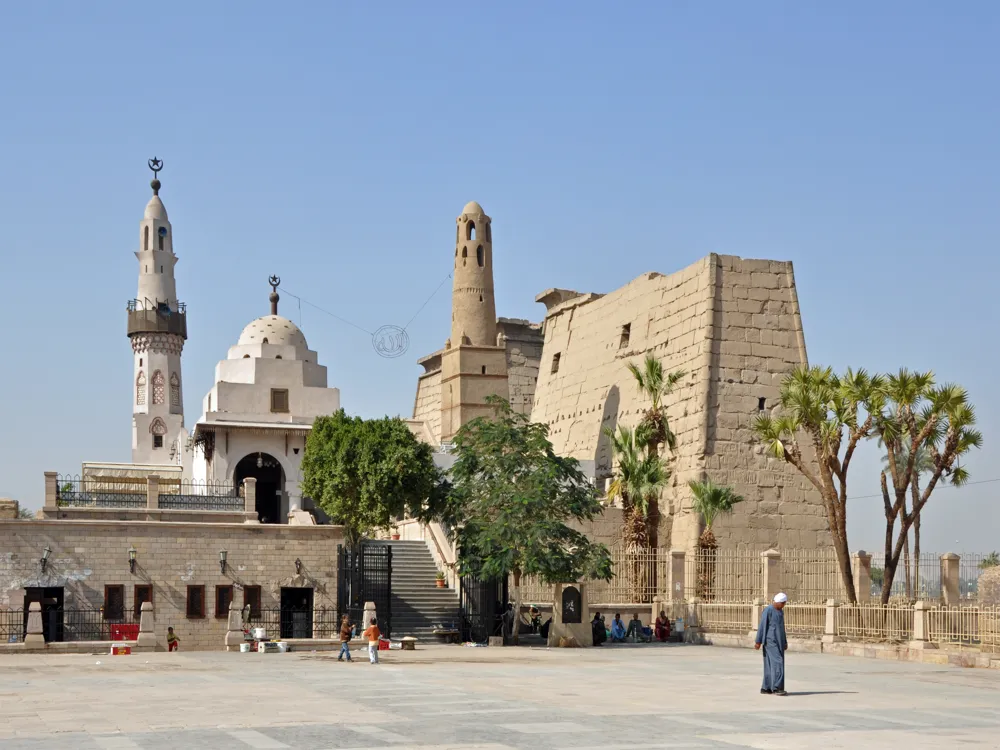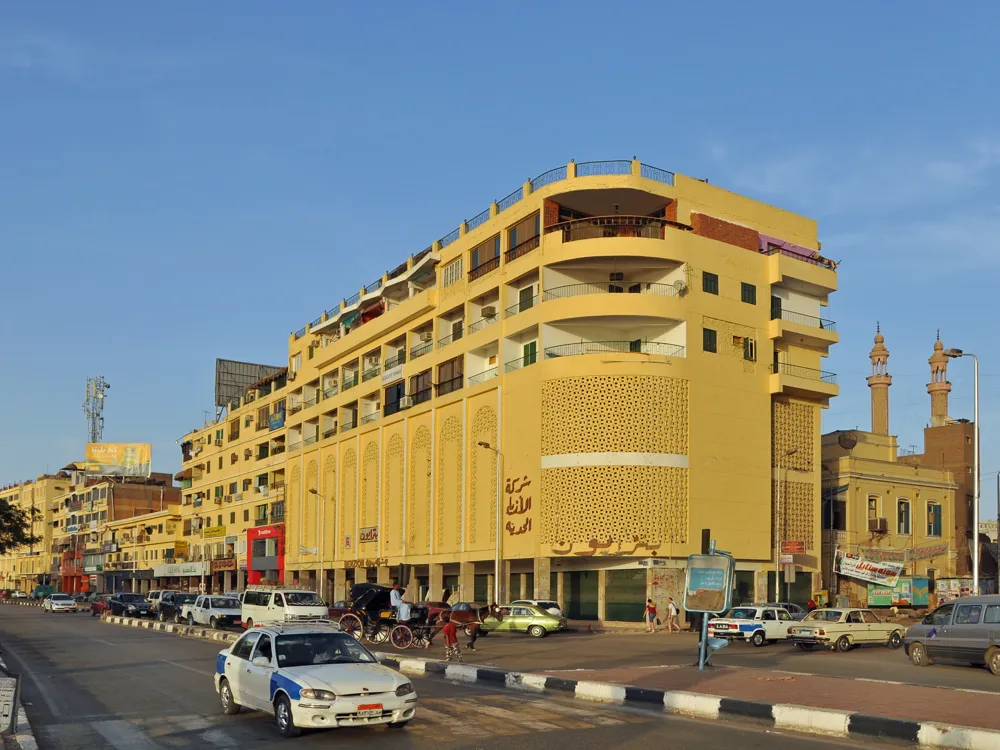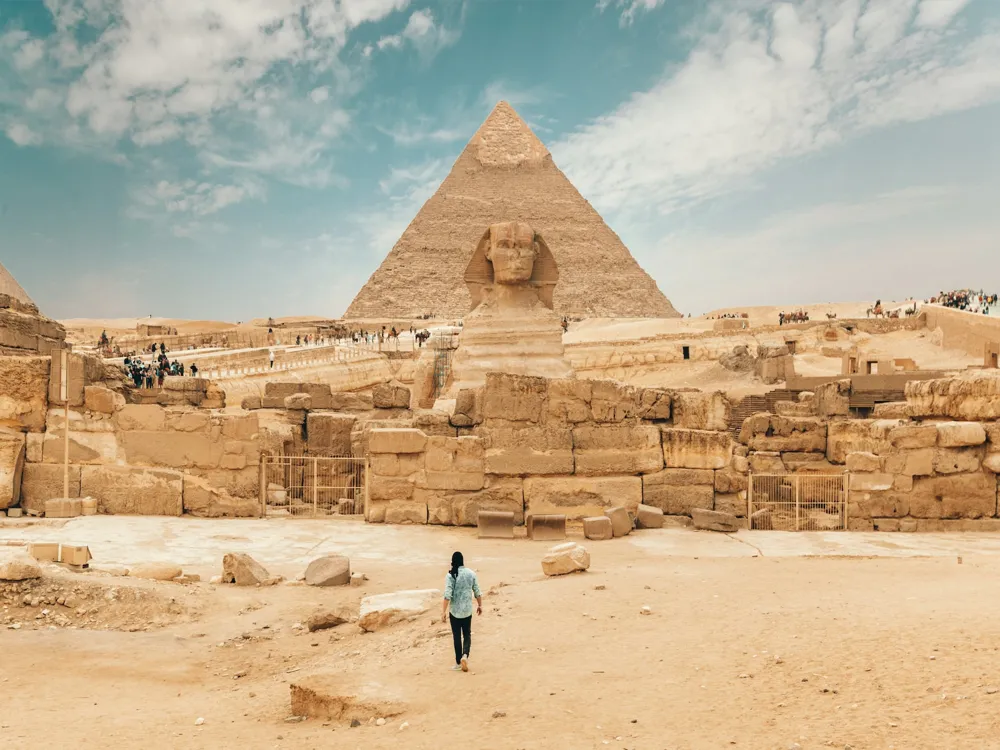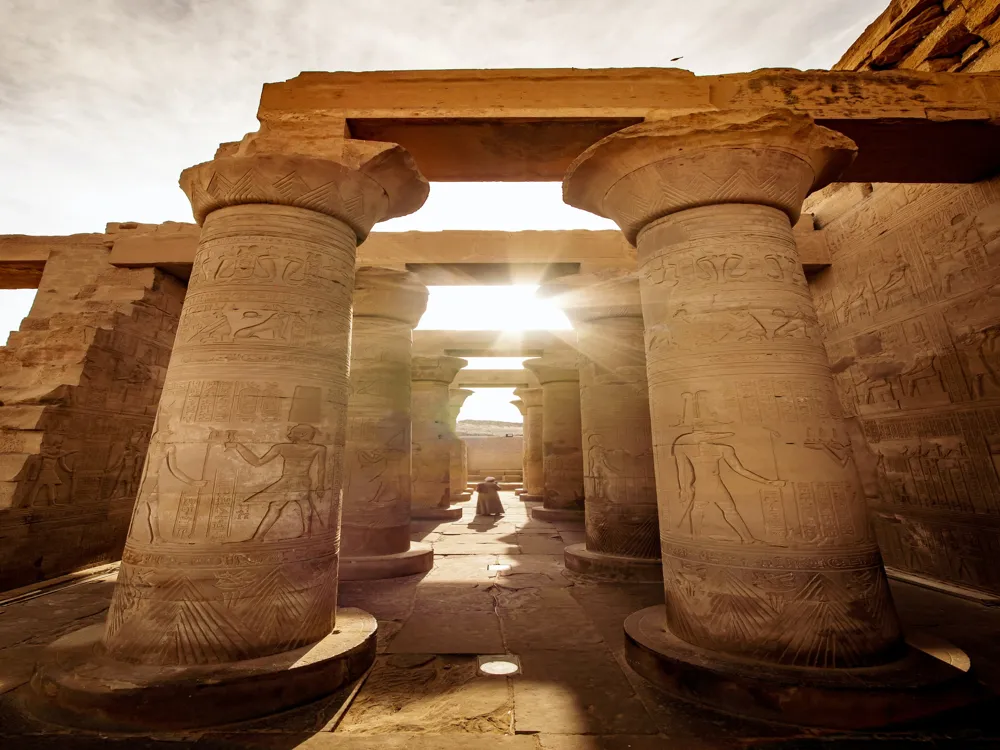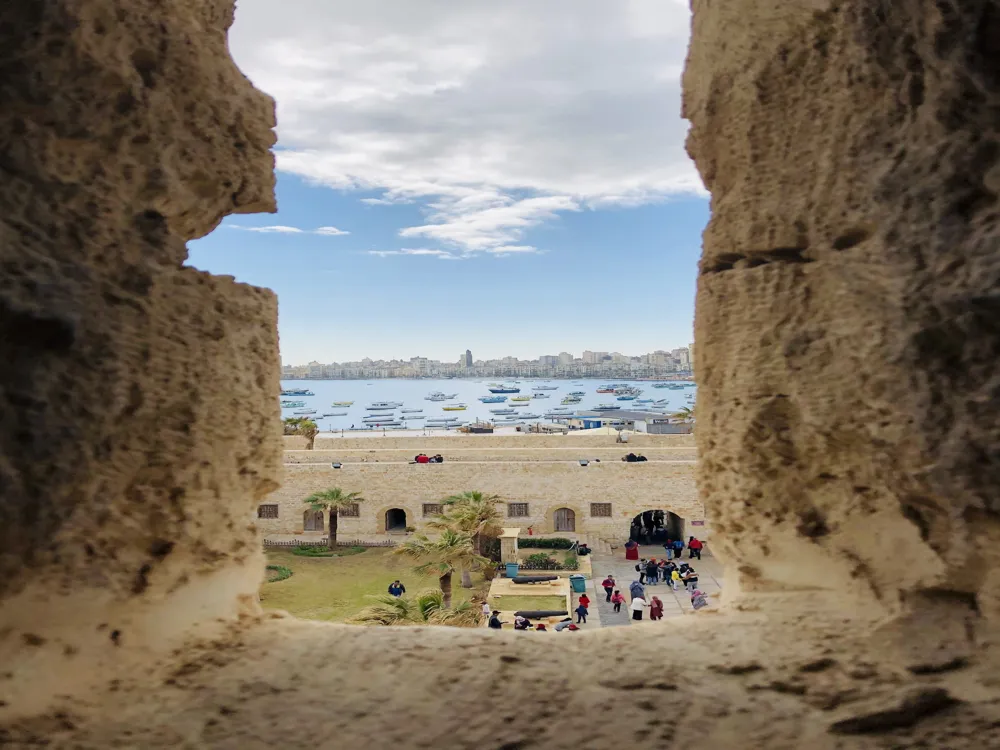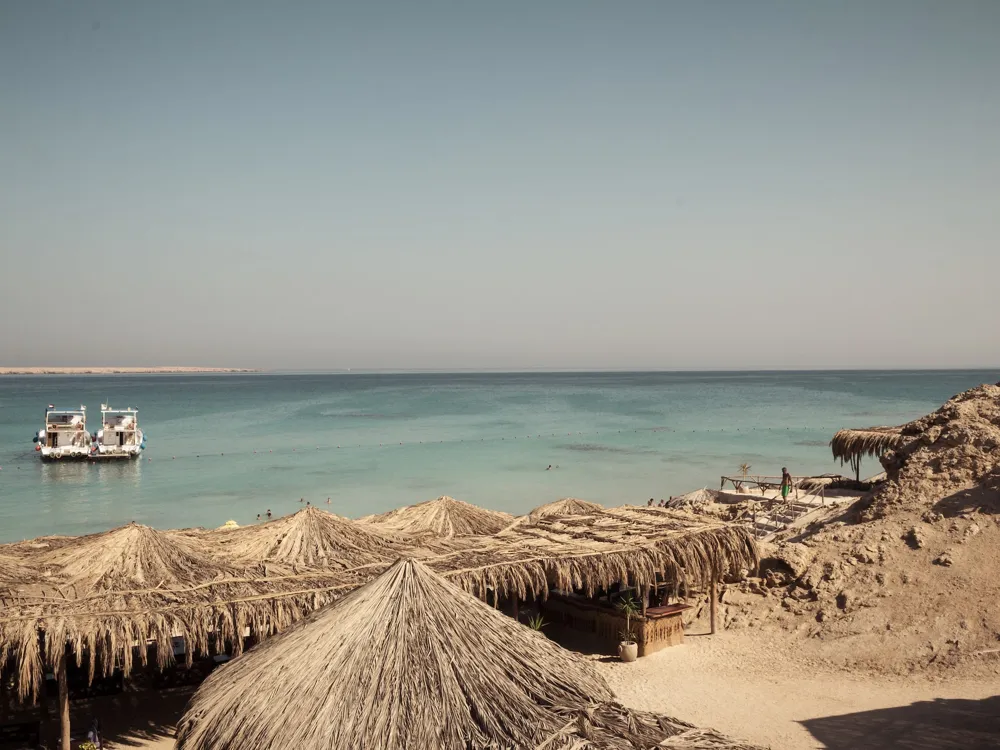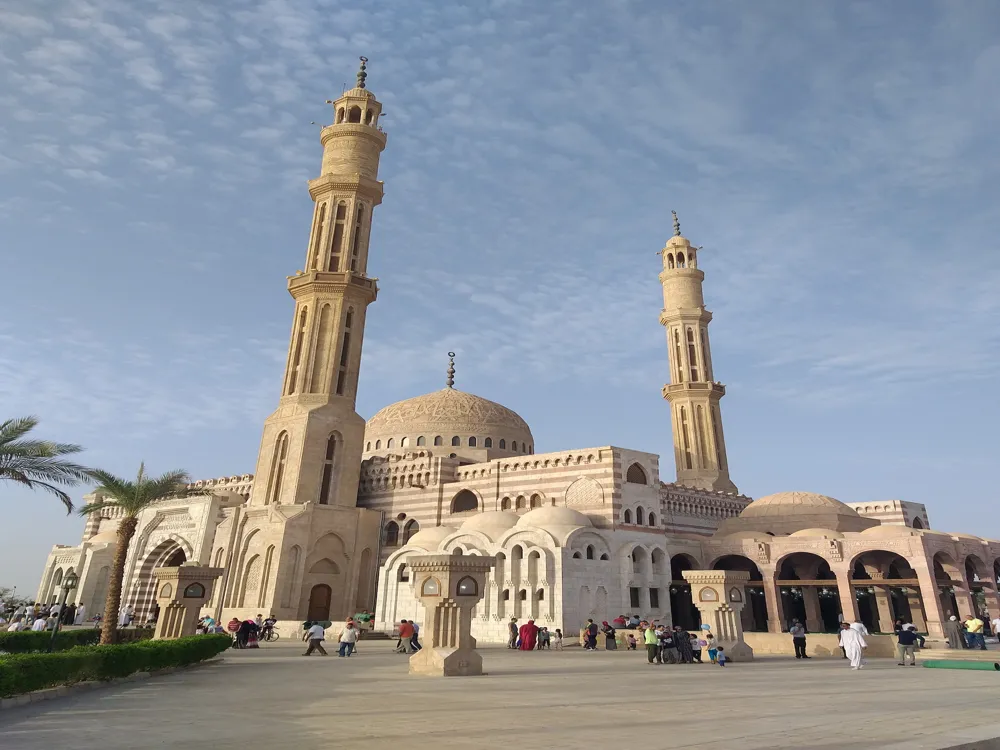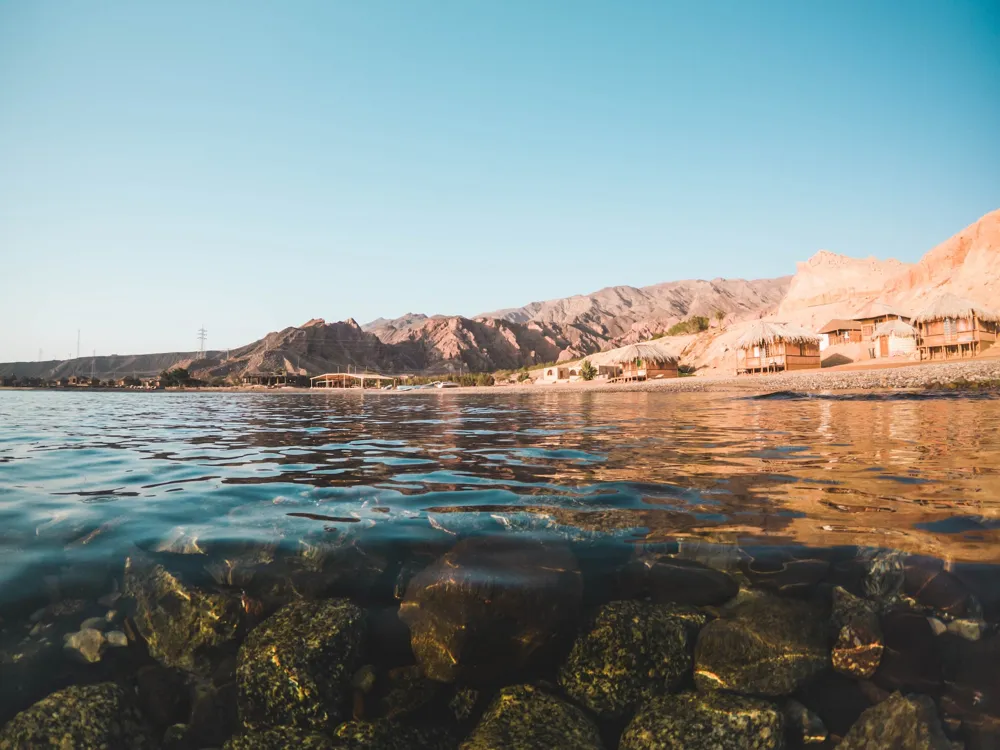What is the Best Time to Visit Egypt?
The best time to visit Egypt is during the winter months, from November to February when temperatures are milder and more comfortable. This period offers ideal conditions for exploring iconic attractions like the Pyramids of Giza, the Sphinx, and the temples along the Nile. Daytime temperatures range from 20-25°C (68-77°F), making outdoor activities and sightseeing more enjoyable. Additionally, the Red Sea resorts, such as Sharm El Sheikh and Hurghada, boast pleasant temperatures, perfect for diving and snorkeling.
Avoid the scorching summer months, especially from June to August, when temperatures can soar above 40°C (104°F). Spring (March to May) and fall (September to October) are transitional seasons with moderate temperatures, but the winter months offer the most comfortable climate for a memorable and enjoyable visit to Egypt.
Travel Peak Season in Egypt
Egypt's peak travel season occurs during the winter months, from November to February, attracting visitors with milder temperatures and comfortable weather. This period is ideal for exploring iconic attractions like the Pyramids of Giza, the Sphinx, and the temples along the Nile. The temperatures range from 20-25°C (68-77°F), providing pleasant conditions for outdoor activities and sightseeing.
During the peak season, you can experience vibrant cultural festivals, and the bustling cities and tourist destinations come alive with energy. It's advisable to plan and book accommodations and tours in advance, as popular sites may see increased crowds. While the summer months (June to August) are typically less crowded, they coincide with scorching temperatures, exceeding 40°C (104°F), making the winter season the preferred time for a more comfortable and enjoyable travel experience in Egypt.
Travel Offseason in Egypt
Egypt's offseason occurs during the scorching summer months, from June to August, making it the least popular time for tourism. During this period, temperatures can soar above 40°C (104°F), creating challenging conditions for outdoor activities and sightseeing. While the heat may deter some visitors, it also means fewer crowds at popular attractions, allowing for a more intimate and relaxed experience.
Travelers seeking budget-friendly options and a quieter ambiance may find the offseason appealing. However, it's crucial to stay hydrated and plan activities during the cooler parts of the day. Some attractions, especially those in the desert areas, may be less accessible due to extreme temperatures. Despite these challenges, the offseason in Egypt offers a unique opportunity to explore the country with a different perspective, emphasizing tranquility and a more personal connection with its rich history and cultural treasures.
More about the Best Time to Travel to Egypt
Egypt Weather in Winter (November – February)
Egypt experiences delightful weather during winter, spanning from November to February. This season is considered the best time to visit as temperatures are mild and comfortable for exploration. Daytime temperatures range from 20-25°C (68-77°F), creating ideal conditions for outdoor activities and sightseeing.
Winter offers an excellent opportunity to explore iconic landmarks such as the Pyramids of Giza, the Sphinx, and temples along the Nile without the scorching heat that characterizes other seasons. The evenings can be cooler, so it's advisable to bring a light jacket. The Red Sea resorts, including Sharm El Sheikh and Hurghada, also enjoy pleasant temperatures, making them popular for water activities like diving and snorkeling. Winter in Egypt provides a perfect balance of favorable weather and a vibrant atmosphere, making it a prime time for an enriching and enjoyable travel experience.
Egypt Weather in November
November in Egypt marks the beginning of the winter season, offering pleasant weather for travelers. Daytime temperatures range from 22-27°C (72-81°F), creating comfortable conditions for outdoor exploration. The cooler evenings may require a light jacket. This month is an ideal time to visit iconic attractions like the Pyramids of Giza and the Sphinx, as the scorching heat of summer has subsided. The Red Sea resorts, including Sharm El Sheikh and Hurghada, maintain enjoyable temperatures, making them suitable for water activities. November presents an excellent opportunity to experience Egypt's rich history and natural beauty in a more temperate climate.
Egypt Weather in December
December in Egypt signals the winter season, offering mild and comfortable weather for travelers. Daytime temperatures range from 18-23°C (64-73°F), providing ideal conditions for outdoor activities and sightseeing. Evenings can be cooler, so packing a light jacket is advisable. This month is perfect for exploring iconic landmarks like the Pyramids of Giza and the Sphinx without the extreme heat of summer. The Red Sea resorts, including Sharm El Sheikh and Hurghada, maintain pleasant temperatures, making them suitable for water-based activities. December presents an inviting climate, allowing visitors to enjoy Egypt's cultural treasures and natural beauty without the intensity of summer heat.
Egypt Weather in January
January in Egypt offers mild and comfortable winter weather, making it an excellent time for travel. Daytime temperatures range from 16-21°C (61-70°F), providing pleasant conditions for outdoor exploration and sightseeing. Evenings may be cooler, so a light jacket is advisable. This month is ideal for visiting iconic attractions like the Pyramids of Giza and the Sphinx, as the weather is not too hot. The Red Sea resorts, such as Sharm El Sheikh and Hurghada, maintain enjoyable temperatures, making them suitable for water activities. January provides a delightful climate for experiencing Egypt's historical wonders and natural beauty.
Egypt Weather in February
February in Egypt continues the mild and comfortable winter weather, making it an excellent time for travel. Daytime temperatures range from 17-22°C (63-72°F), providing ideal conditions for outdoor activities and sightseeing. Evenings may still be cool, so bringing a light jacket is recommended. This month is perfect for exploring iconic landmarks like the Pyramids of Giza and the Sphinx without the intensity of summer heat. The Red Sea resorts, including Sharm El Sheikh and Hurghada, maintain pleasant temperatures, offering opportunities for water-based activities. February presents a delightful climate for enjoying Egypt's cultural heritage and natural attractions.
Egypt Weather in Summer (March to June)
Egypt's summer, spanning from March to June, is characterized by hot and arid weather. Daytime temperatures often soar above 30°C (86°F) and can reach over 40°C (104°F), particularly in June. This period is marked by intense heat, making outdoor activities challenging. While coastal areas may offer some relief, popular attractions in the interior, like the Pyramids of Giza, may be less comfortable to explore. Travelers are advised to stay hydrated, use sunscreen, and plan activities during the cooler parts of the day. Summer in Egypt is less favorable for tourism due to the scorching temperatures.
Egypt Weather in Monsoon (July – October)
Egypt does not experience a monsoon season. The country has an arid climate, and rainfall is scarce throughout the year. From July to October, Egypt typically has hot and dry weather, with temperatures often exceeding 30°C (86°F). This period is characterized by low humidity and minimal precipitation. Travelers can expect sunny and arid conditions, making it suitable for exploring historical sites and enjoying outdoor activities. While some coastal areas may experience a slight increase in humidity, Egypt does not undergo the typical monsoonal weather patterns found in other regions, and rainfall remains minimal during this time.
Tourist Places to Visit in Egypt
Cairo
Nestled on the banks of the timeless Nile River, Cairo unfolds as a captivating blend where the intrigue of the past harmonizes effortlessly with the pulse of present-day living. The Giza Pyramids and Sphinx, monumental guardians of an age-old saga, command awe on the outskirts. Within the city's he...
Luxor
Luxor is famously known as the world's greatest open-air museum. Located in Southern Egypt, on the east bank of the River Nile. Luxor is a beautiful city. It has some of the world's most famous temples and tombs, a sprawling desert and the famous Western Valley Ruins.
Alexandria
Alexandria is the second largest city in Egypt. Being one of the major Mediterranean ports in the country, Alexandria boasts stunning coastlines and beachfronts. Founded by Alexander the Great, the city has a rich history, and is studded with museums, historical neighborhoods, and archaeological par...
Hurghada
Stretching 40 kms along the Red Coast, Hurghada is a beach town in Egypt, located 600 km from Cairo. It is known for its stunning coral reefs and turquoise waters. One of Egypt's main tourist attractions, Hurghada, which once used to be a fishing village, is now known for its nightlife, holiday reso...
Sharm El Sheikh
Sharm El Sheikh is an Egyptian resort town nestled in the southern tip of the Sinai Peninsula and the Red Sea. Known for its coral reefs, sheltered sandy beaches and turquoise waters, Sharm El Sheikh is one of the best diving spots in the world. It is also regarded as the city of peace, owing to sev...
Dahab
The quaint coastal village of Dahab is located on the southeastern coast of the Sinai Peninsula, 80 kms from Sharm el-Sheikh. This Egyptian town enjoys solitude in the form of isolated beaches and laid-back Bedouin hospitality, making it an ideal holiday destination for those who like simple-yet-lux...
All Places to Visit In Egypt
Faq
What is the best time to visit Egypt?
The best time to visit Egypt is during the winter months, from November to February. The weather is mild, and temperatures are comfortable for exploring historical sites and enjoying outdoor activities.
Why is winter considered the ideal time to visit?
Winter in Egypt offers pleasant temperatures, ranging from 16-25°C (61-77°F), making it conducive to sightseeing without the intense heat of summer. This season provides a comfortable climate for exploring iconic landmarks such as the Pyramids of Giza.
Are there any specific months to avoid due to extreme weather?
It's advisable to avoid the summer months, from June to August, when temperatures can soar above 40°C (104°F), making outdoor activities challenging and less enjoyable.
Can I visit Egypt during spring or fall?
Yes, spring (March to May) and fall (September to October) offer moderate temperatures, but the weather is not as cool as winter. These transitional seasons are still suitable for travel and exploration.
What activities are best enjoyed during the recommended months?
The winter months are perfect for exploring historical sites like the Pyramids, temples along the Nile, and enjoying outdoor adventures. Water activities in the Red Sea resorts are also popular during this time.
Are there any cultural events or festivals during the recommended period?
Winter often sees cultural events and festivals. Check local calendars for events that coincide with your visit, adding a cultural dimension to your experience.
How can I stay updated on the weather conditions before my trip?
Monitor weather forecasts online or through travel apps. Additionally, consider checking with local sources for real-time updates on any unexpected weather changes.
Are there budget considerations for traveling during the recommended period?
Traveling during the winter may be considered the peak season, potentially resulting in higher accommodation costs. It's advisable to book in advance and explore package deals for cost-effective options.
Can I still enjoy Egypt's beaches during the recommended months?
Yes, the Red Sea resorts, including Sharm El Sheikh and Hurghada, maintain pleasant temperatures during winter, offering opportunities for beach activities and water sports.

